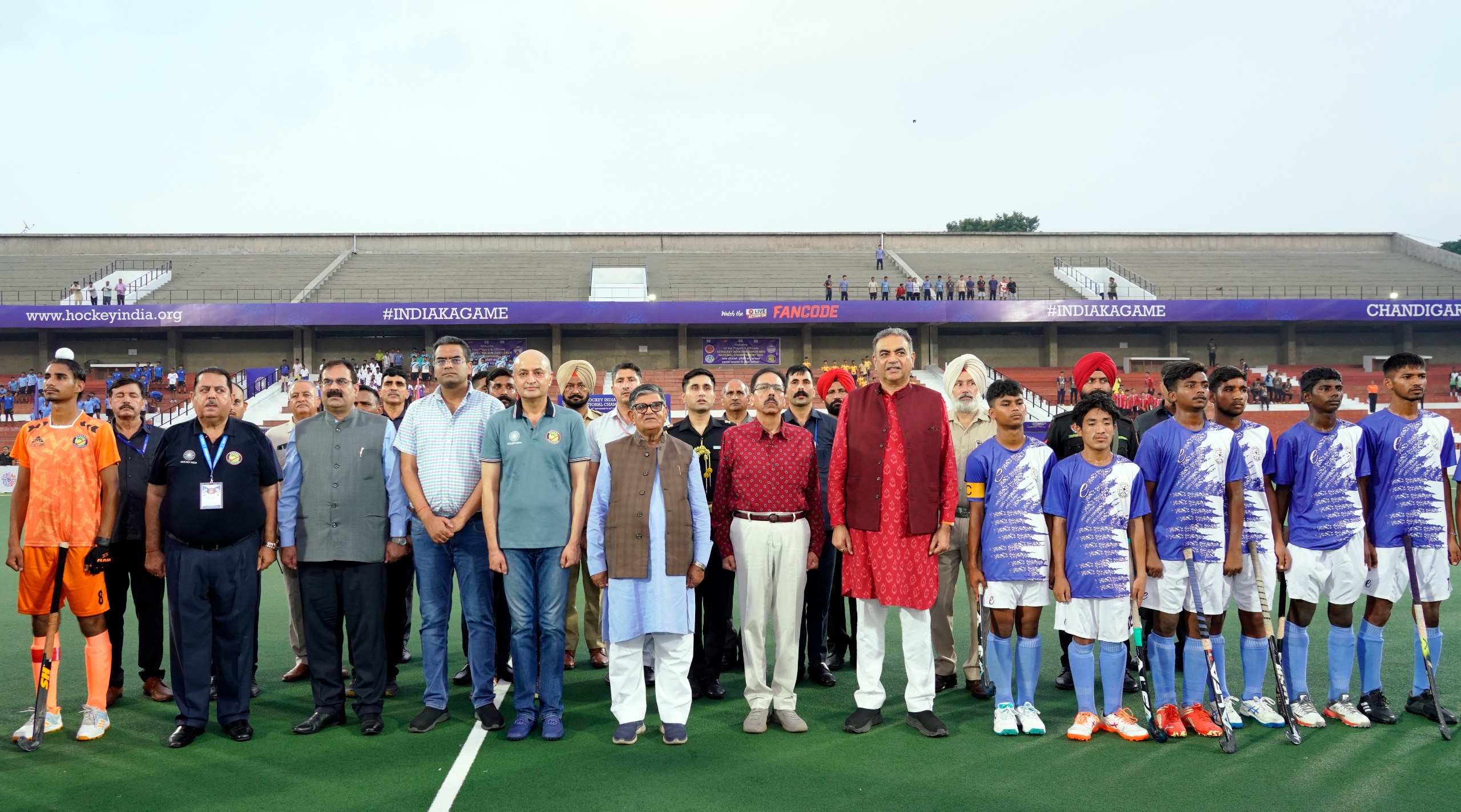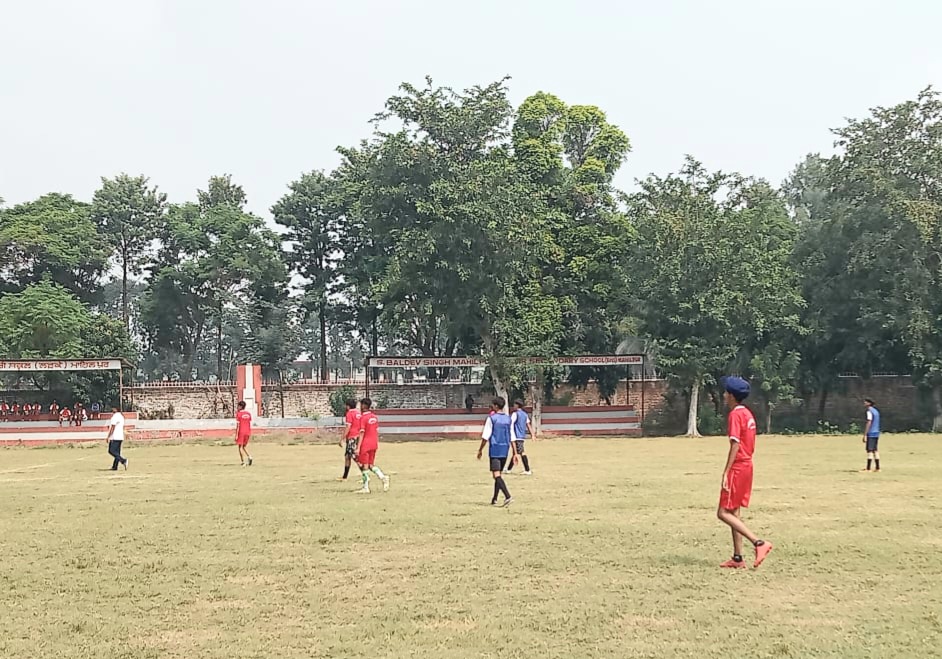
Tips and guidelines issued by the health department to avoid cold wave
Hoshiarpur - In view of the cold wave, Civil Surgeon Hoshiarpur Dr. Balwinder Kumar Damana has issued a detailed advisory. It is worth noting that the drop in temperature is observed and prolonged exposure to cold increases the chances of many diseases like flu, runny nose, hypothermia, frostbite etc.
Hoshiarpur - In view of the cold wave, Civil Surgeon Hoshiarpur Dr. Balwinder Kumar Damana has issued a detailed advisory. It is worth noting that the drop in temperature is observed and prolonged exposure to cold increases the chances of many diseases like flu, runny nose, hypothermia, frostbite etc.
Giving more information about the advisory issued by the department to protect oneself from such cold weather, Civil Surgeon Dr. Damana said that people should fully follow the instructions of the health department to protect themselves from cold wave conditions. . Talking about the cold wave, Dr. Damana said that exposure to cold for a long time increases the chances of various diseases like flu, runny nose, contact a doctor for these symptoms. Stay indoors as much as possible during a cold wave and minimize travel to prevent exposure to cold air. Wear loose fitting and several layers of clothing. Tight clothing reduces blood circulation. Wear windproof warm fleece multi-layer clothing instead of one layer of clothing. Keep yourself dry. Cover your head, neck, hands and toes adequately if wet as most heat loss occurs through these body parts. Prefer mittens over gloves, mittens provide more warmth and insulation, as the fingers share their warmth. Use hats and mufflers to prevent winter damage, wear insulated/waterproof shoes. Eat healthy foods to maintain body temperature balance. Eat vitamin-C rich fruits, honey, jaggery and seasonal vegetables to maintain adequate immunity. Drink warm fluids regularly, as it will retain body heat to fight the cold. Moisturize your skin regularly with oil, petroleum jelly or body cream. Do not burn coal or wood in a fireplace in an enclosed room or area to prevent carbon monoxide poisoning. Take care of the vulnerable population, the elderly, children, pregnant women, the homeless, farmers and the elderly. Sharing more information about this, District Epidemiologist Dr. Jagdeep Singh said that due to prolonged exposure to cold, the skin may become pale, hard and numb, and black blisters may appear on the exposed parts of the body and consult a doctor immediately. . Watch for symptoms of frostbite such as numbness in fingers, toes, earlobes and tip of nose, white or pale appearance when exposed to cold. Treat the frostbitten area with warm (not hot) water. Severe exposure to a cold wave can cause hypothermia – a drop in body temperature that can cause slurred speech, sleepiness, muscle stiffness, difficulty breathing. Hypothermia is a medical emergency that requires immediate medical attention.








